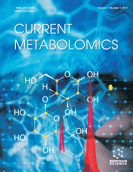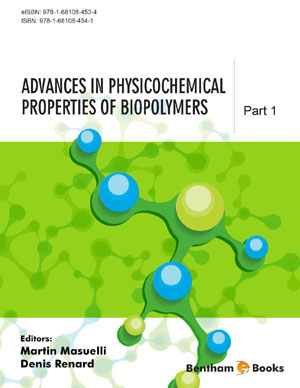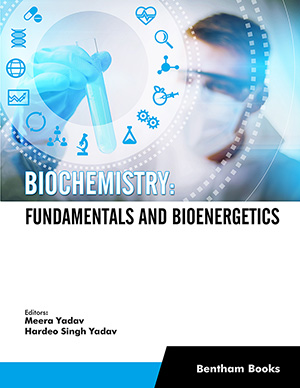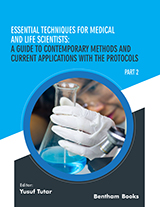Abstract
Current therapeutic approaches were largely developed in the absence of defined molecular targets or a solid understanding of disease pathogenesis. Within the past few years, our understanding of biochemical pathways related to the development of type 2 diabetes mellitus has expanded. The worldwide epidemic of type 2 diabetes has been stimulating the search for new concepts and targets for the treatment of this incurable disease. Studies using transgenic animals, gene transfer and pharmacological agents have yielded many data that have helped understand the molecular alterations characteristic of non-insulin dependent diabetes mellitus. This has opened the possibility for the development of potentially more-effective therapies, mainly focused on attenuating hepatic glucose production, enhancing glucose-dependent insulin secretion, enhancing the insulin signal transduction etc. Increasing knowledge on the biochemical and cellular alterations occurring in type 2 diabetes mellitus has led to the development of novel and potentially more effective therapeutic approaches to treat the disease.

















